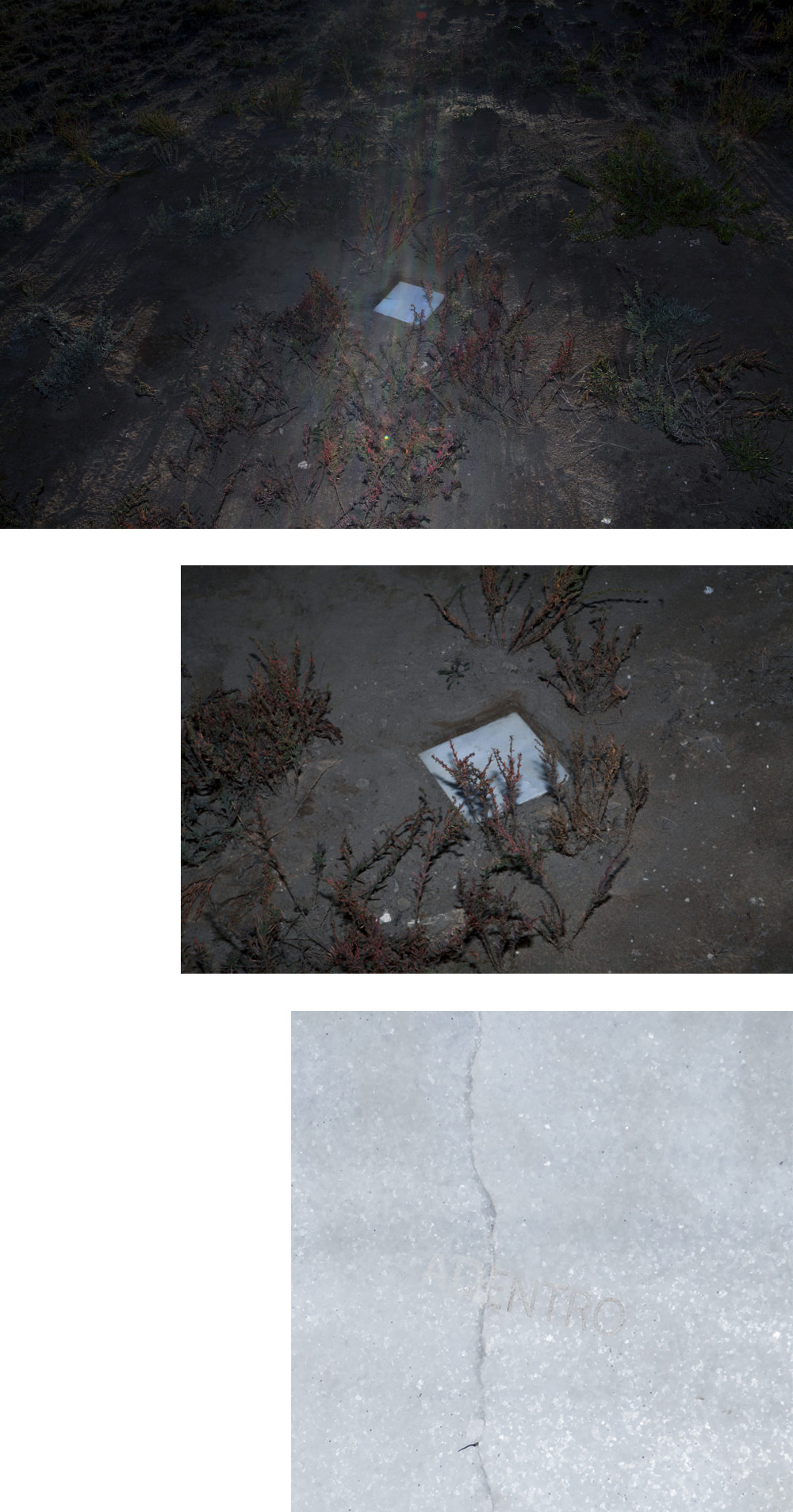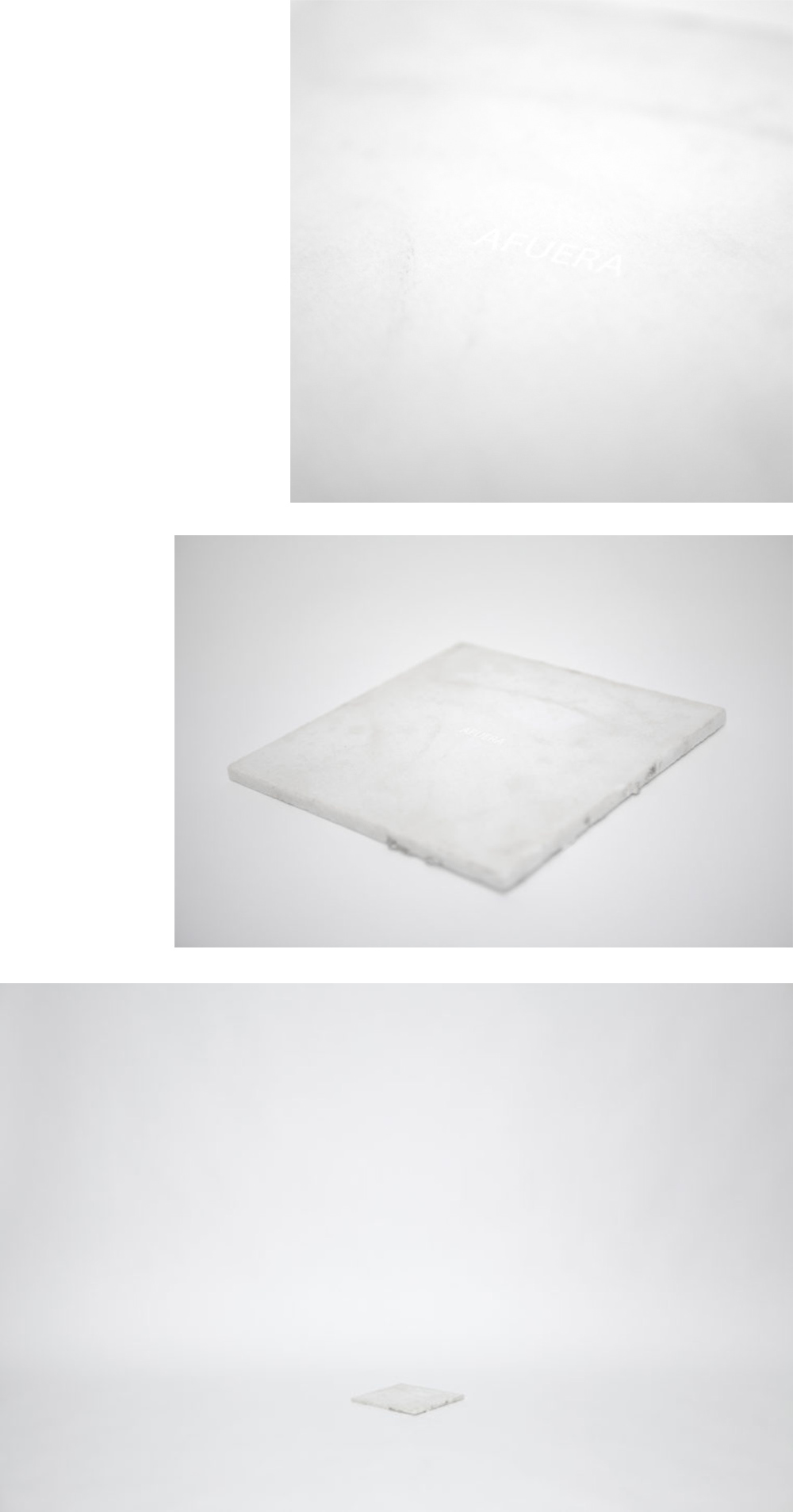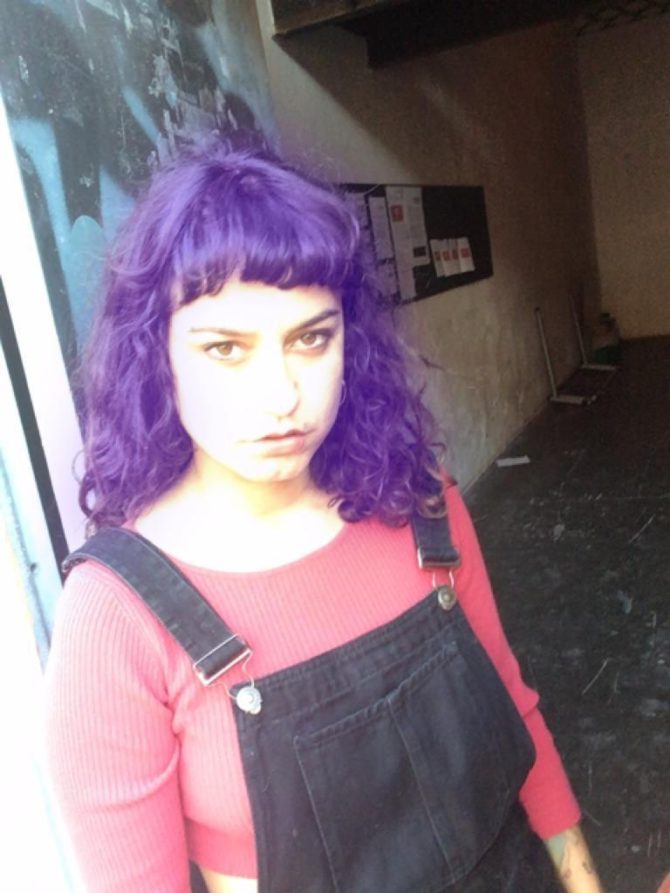Search
To search for an exact match, type the word or phrase you want in quotation marks.
A*DESK has been offering since 2002 contents about criticism and contemporary art. A*DESK has become consolidated thanks to all those who have believed in the project, all those who have followed us, debating, participating and collaborating. Many people have collaborated with A*DESK, and continue to do so. Their efforts, knowledge and belief in the project are what make it grow internationally. At A*DESK we have also generated work for over one hundred professionals in culture, from small collaborations with reviews and classes, to more prolonged and intense collaborations.
At A*DESK we believe in the need for free and universal access to culture and knowledge. We want to carry on being independent, remaining open to more ideas and opinions. If you believe in A*DESK, we need your backing to be able to continue. You can now participate in the project by supporting it. You can choose how much you want to contribute to the project.
You can decide how much you want to bring to the project.

I’ve arrived. It’s 9.00 p.m. This is the precise place. No shadow of doubt. In an hour’s time, nightfall will envelop everything. Not yet. Here darkness appears suddenly, after that silence. Nothing anticipates it. I’m going to sit and wait. I’m trembling. I look as far as I can; there’s nothing there. I’m back in the same place as always but this time, after what she told me, everything has become obvious. Not a soul in miles. I’m alone. I’ll be completely in the dark. Something moves behind me. Don’t look. He told me there’s a camp called Desert Stars nearby. I’d never heard of it. I’ve got the coordinates I found on the Internet, a link with an address and a photo showing a dust-covered tent in a road between two canyons. An aerial. The camp is surrounded by a fence made of mattress bases rusted by the sun. A red car with no wheels and an open bonnet. A mountain of yellowish plastic containers and sharp pieces of wood. A rusty washing machine. There’s no water tank. According to my reckonings, they’re four kilometres and a half away. One hour’s walk. Thirty minutes’ running. I can feel the blood beginning to run down my legs and my sense of hearing sharpening. I’ve got everything: a spade. When she arrives, I’ll start. There’s someone here. I can tell. Don’t look. I must be alert. I won’t be able to do it. I must be alert. It’s easy. I check that I’m in the right place. I read the note for the last time. OK.
Now’s the moment.
She didn’t know me.

I thought I did. I thought I knew her after having observed her for so long; her hair down to her waist with bleached blonde locks, her black eyes that never looked at me and the intuition that was always there. We moved to that village shortly before my mother and my brother came back to live with us. Before they arrived I didn’t attend the classes at the secondary school where my father had enrolled me. I was too far away to arrive in time and the bus driver who was supposed to pick me up every morning didn’t know he had to stop there. He told me so some time later, the day I was running along that road and gave me a ride in his red car to the nearest railway station. So I would get up, have a glass of milk and, sitting on the stone that signalled where the bus should stop for me, watch it drive past without stopping. I’d pick up my rucksack and start walking. I would get to school at around 10.30 a.m. and hide behind the bushes in front of the entrance. And watch them smoke. Her name was María. ‘María,’ shouted her boyfriend as she walked brazenly down the street, an insolent smile on her face. Everyone was looking at her. He always chased her on his motorbike and she always pushed him. I followed her too. Until one day she found me out, pulled my hair behind my back and whispered in my ear ‘What are you looking at?’ She carried on down the street. Trembling and smiling at the same time. I could no longer hide.
When my mother and my brother came back, my father struck a deal with a man and we moved into a farmhouse that was half in ruins. My brother and I shared a room with damp flaky walls. And I started going to school. I went into her class, classroom 7. She was seated a few desks away from me. I could watch her from mine. What I couldn’t see was the piece of paper she kept looking at when everyone was distracted. The day my mother and my brother came back was my birthday. I entered the flat where I lived with my father and there they were. My brother played with the cat that came to visit occasionally. I packed my suitcase and we moved into the farmhouse. My mother’s obsession began at this time. Two weeks later I was in class when the head of studies came in and asked me to leave; my mother was waiting for me outside. In the car, while she was driving me somewhere, she kept talking about the mole I had beside my lip. I arrived at school wearing a plaster and with some stitches that hurt when I breathed. María was aware of what had happened; I still wasn’t. I know thanks to the note she left in my maths book, in which she invited me to go out with her friends one day, and also suggested we taught her a lesson; thanks to the note that said I was her best friend, and thanks to her last note, in which she warned me that I’d have to bury her in order to be able to hide from her. I know because the anxiety that used to wake me up in broad daylight disappeared in the darkness of that place.

Violeta Mayoral (Almeria, 1988) is an artist and experimental playwright who lives in Barcelona. She read Semiotics in Mexico City. Convinced that everything can be signified and starting from the mise en scène of the ordinary, her work explores hermeneutic issues that always end up triggering a reflection on the existence of individuals and their semiotic condition.
"A desk is a dangerous place from which to watch the world" (John Le Carré)